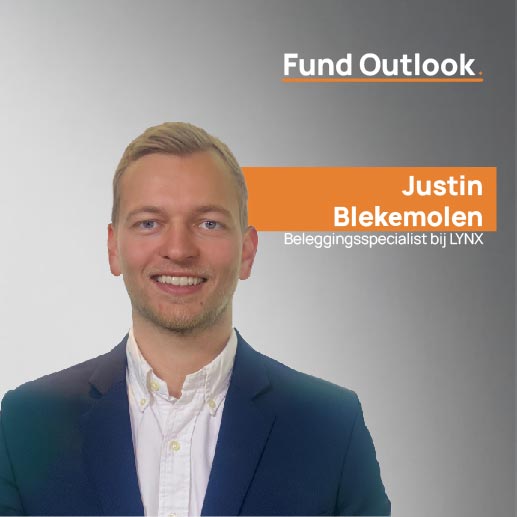PGIM research reveals investment opportunities and challenges in global food ecosystem
Asset management firm PGIM has conducted a comprehensive research project on the global food ecosystem, highlighting the importance of food security and vulnerabilities in supply chains as leading indicators for various factors such as price inflation, monetary policy, and geopolitical risks. The study explores the changing landscape of the food industry, identifying new investment opportunities and challenges.
The COVID-19 pandemic intensified the focus on food as a national security issue, prompting countries to stabilize their food sources amidst disruptions in supply chains. Factors such as changing consumer preferences, climate change, and sustainability concerns are shaping the food industry. Emerging markets are experiencing a shift towards Western diets, meat consumption, convenience, and packaging.
PGIM emphasizes the need for greater productivity and sustainability in agriculture, given that 30% of global greenhouse gas emissions originate from the sector and climate change has reduced yields by 12%. The report highlights innovations like AI-powered autonomous tractors, alternative agricultural methods, and non-animal meats or proteins. However, the study cautions against investing in all innovations, comparing some agricultural advancements to the peak of artificial intelligence hype.
The growth of plant-based meats has plateaued, presenting a “contrarian” opportunity for traditional animal-based meat producers to address their fossil fuel dependence and environmental concerns. Cold storage and transportation also offer sustainability-focused investment prospects. Furthermore, climate change has spurred innovations such as sensor technology for monitoring crops, autonomous tractors, and biological solutions for pest control. PGIM sees potential for investors to make a positive impact in the food system, comparing the current state of the industry to where the fossil fuel industry stood a decade ago, with opportunities for technological advancements and ESG-focused investments.


